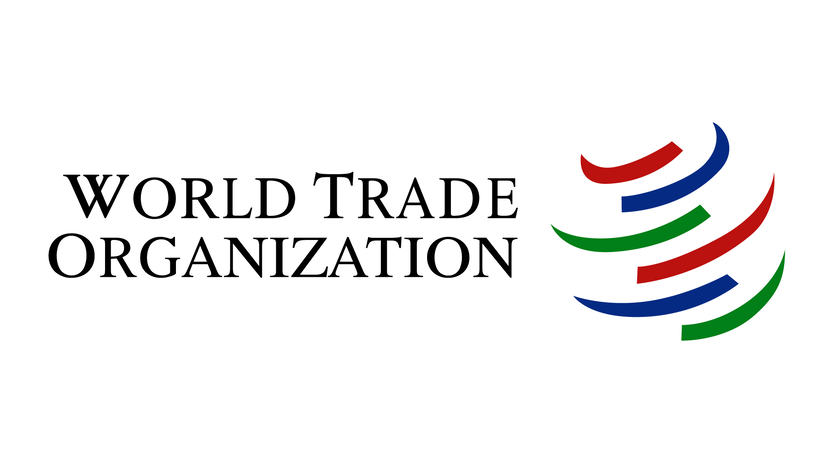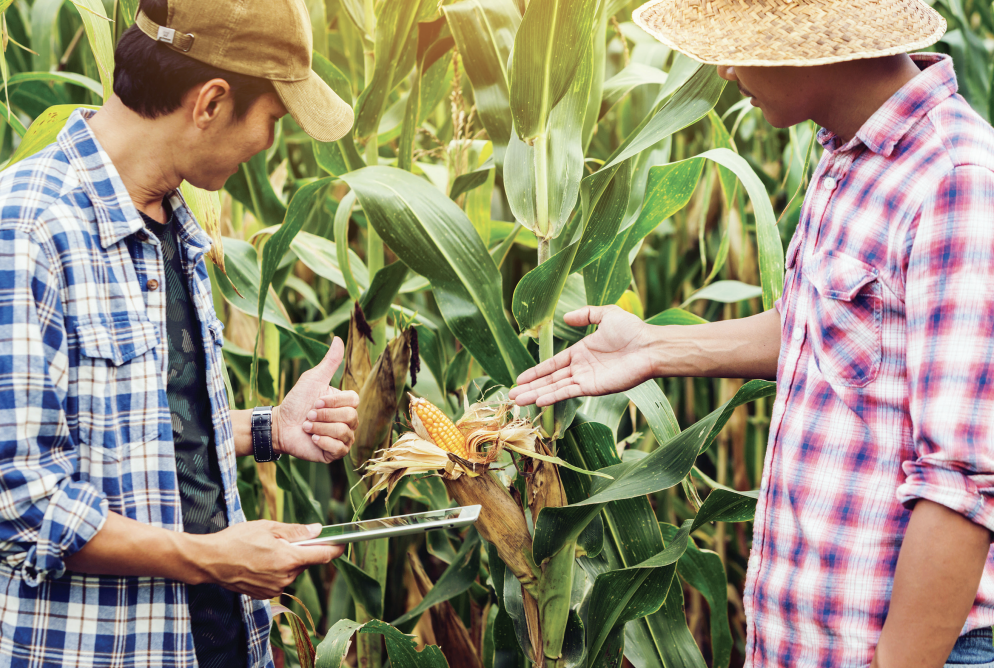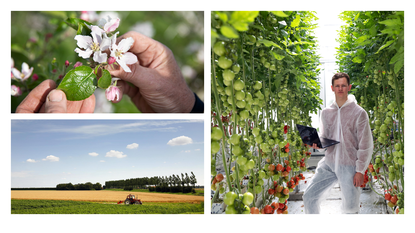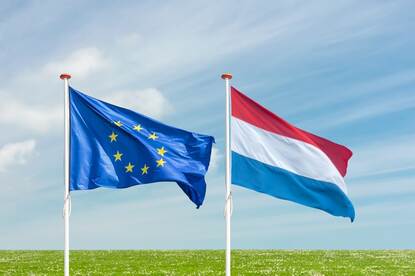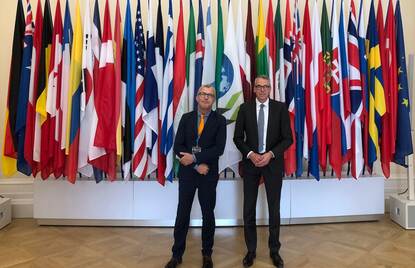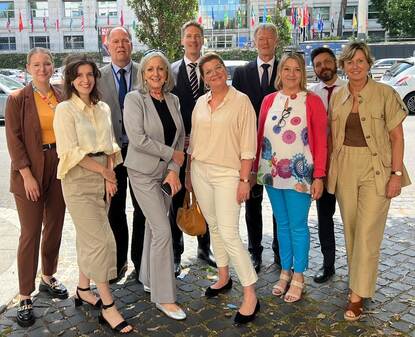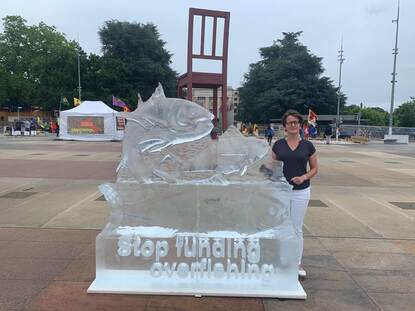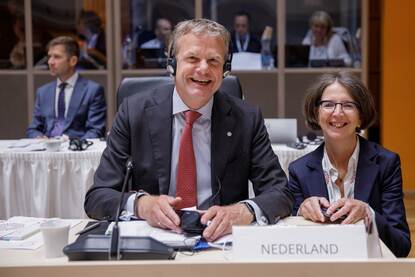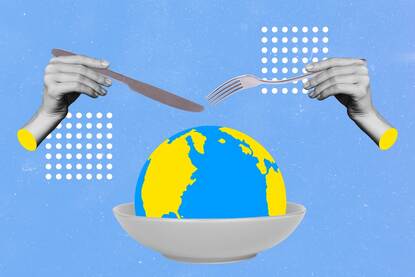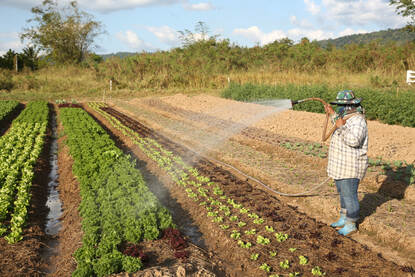Foto The STDF support developing countries in meeting international sanitary and phytosanitary standards, enabling them to access foreign markets. Source: Shutterstock
The Standards and Trade Development Facility (STDF) is a WTO partnership and trust fund that helps developing countries to boost food safety and animal and plant health and maintain market access. Over the years, it has supported over 250 projects in Africa, Asia-Pacific, Latin America and the Caribbean. ‘Dutch companies can assist developing countries in assembling applications by providing specific knowledge or expertise,’ says head of STDF Melvin Spreij. ‘And organizations like the Centre for Promotion of Imports from developing countries (CBI) or Dutch capacity building programs can play a role in leveraging more resources for good project and replicating and scaling up approaches that work.’
Melvin Spreij is one of three Dutch nationals working at the secretariat of the World Trade Organization (WTO) in Geneva. In the WTO's agricultural division, he is responsible for directing a global program for capacity building in developing countries in the areas of trade, food safety, plant and animal health. Spreij, a lawyer by training, has been working for the WTO for fifteen years. Before that, he worked in Rome at the FAO.
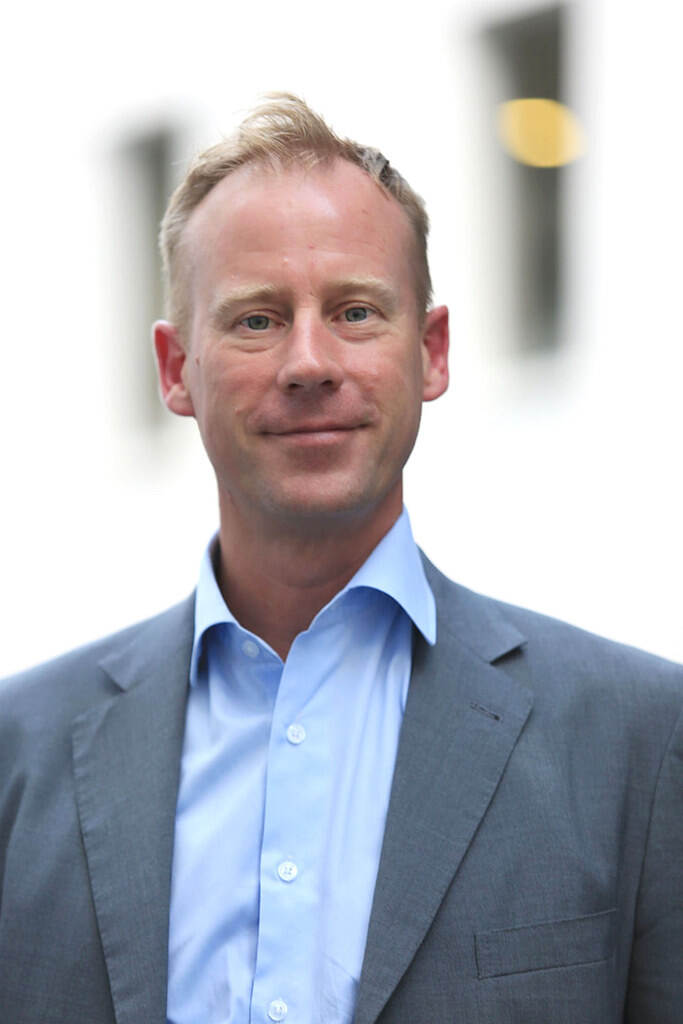
What is it you do?
‘The 166 countries that are members of the WTO are conducting trade negotiations. One of the roles of the WTO Secretariat is to support them in these negotiations. But my job is about helping developing countries to benefit from the trade openings that our existing agreements provide. This is also referred to as "Aid for Trade". I lead a global partnership and trust fund called the Standards and Trade Development Facility (STDF).’
‘The STDF supports developing countries in meeting international sanitary and phytosanitary standards, enabling them to access foreign markets. This benefits economic development, reduces poverty and increases food security levels. It also improves the human, animal and plant health situation in the countries themselves.’
‘There are only three Dutch people working at the WTO, while it employs over 600 staff members. That is surprising, perhaps, considering the importance of trade for the Dutch economy. On the other hand, it's a good thing that the WTO staff is becoming more diverse, precisely because we now have 166 members.’
What does STDF do?
‘The STDF unites efforts of international and regional organizations, development partners, trade experts from developing countries, but also of private sector and universities. We finance the preparation and implementation of collaborative projects that improve countries' capacity to trade safely in agri-food products. STDF funding is normally limited to one million US dollars per project. We focus on results and try to learn from these projects. Additionally, the STDF serves as a knowledge platform where we test new approaches, identify good practices and mobilize resources to enhance sanitary and phytosanitary capacity in developing countries.’
‘For example, we have recently looked at climate change which we know is leading to increased and new risks for food safety and animal and plant health. Obviously, developing countries are affected most. This topic deserves much more attention. If we want to prevent the introduction and spread of new pests, diseases and food-borne hazards, and realize the full potential of agricultural trade, then the international discussions on climate change should prioritize efficient sanitary and phytosanitary systems, resulting in more political attention and funding.’
‘The STDF is a unique partnership that was established by the WTO, together with the UN Food and Agriculture Organization (FAO) in Rome, the World Health Organization (WHO) in Geneva, the World Organization for Animal Health in Paris, and the World Bank in Washington DC. The Netherlands is one of STDF's founding development partners. The partnership is very successful in addressing the needs of developing and least developed countries, which is also confirmed by several external evaluations.’
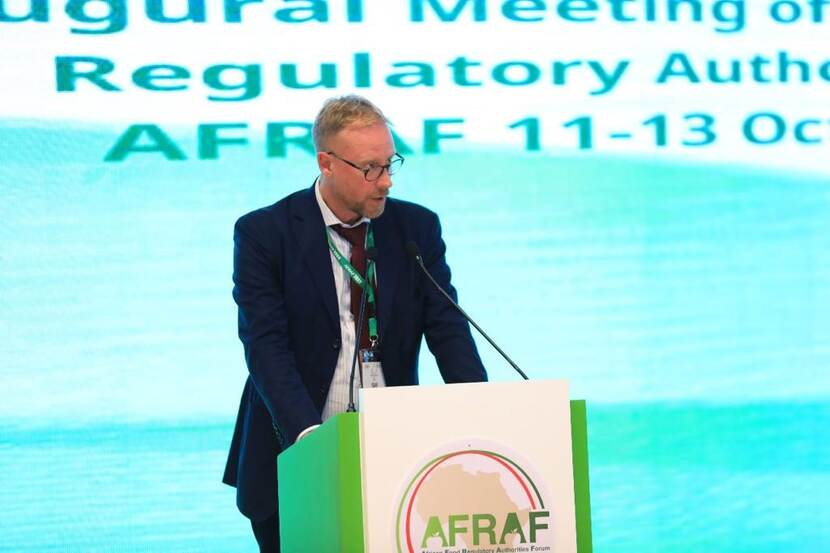
What is the role of the private sector in STDF?
‘Ensuring safe food is the responsibility of the private sector. Companies should have a proper food safety management system in place, while the public sector has an oversight role. However, in many developing countries, the private sector remains weak. As a result our projects focus on helping small-scale farmers and small and medium enterprises, providing training on good agricultural and hygiene practices, as well as food safety management. In our projects, we always work with local producer and trader associations.’
‘Some of our projects also examine the feasibility of a bigger role for the private sector in other areas, for example in providing laboratory and testing services. The STDF has a broad network, and we collaborate with many different private sector groupings that operate at a more global or regional level, such as GrowAsia, AGRA and SSAFE, which stands for Safe Supply of Affordable Food Everywhere. We also work with umbrella associations in specific sectors, for example the International Grain Trade Coalition or the International Seed Federation.
Dutch companies in the agrifood sector are known for their strong global presence, also in developing countries. Can they make suggestions for new STDF projects or priorities?
‘We always welcome suggestions for new projects or innovative ideas. The STDF is demand driven, meaning that applications for projects can only be submitted by public and private sector organizations in developing countries. Therefore, if Dutch companies identify potential projects, they should encourage local partners to submit proposals.’
‘But Dutch companies can be engaged by helping to put these applications together, through provision of specific knowledge or expertise, or perhaps even by co-funding certain projects. One of the challenges I find in this work is how we can leverage more resources for good projects, and also how we can replicate and scale up approaches that really work. Perhaps Dutch organizations like CBI or Dutch capacity building programs can also play a bigger role here.’
Do developing countries themselves have an active role in STDF?
‘Each year, we select several experts in the areas of food safety, animal and plant health and trade from our target regions. These experts participate in all meetings, they provide advice, and they share information about trends and developments in their work fields and regions. They operate as "ambassadors" for the STDF – raising awareness about the opportunities that the STDF provides. We also work closely with regional economic communities and organizations that operate at a more technical level.’
‘We are currently helping Belize, Honduras, Malawi, Rwanda, Senegal and Uganda to modernize their national food control systems by using voluntary third-party assurance programs’
Do you have one example project for us, which illustrates the practical added value of STDF for food safety and international trade in food?
‘We have funded more than 250 projects, so it's difficult to pick one. I will give two examples. We are currently helping Belize, Honduras, Malawi, Rwanda, Senegal and Uganda to modernize their national food control systems by using voluntary third-party assurance programs. The objective of these projects is to better inform the risk profiling of food businesses, move towards a risk-based regulatory framework and make better use of scarce resources for food inspection. This will facilitate trade and improve food safety outcomes.’
‘Another example is STDF's work on electronic certification. Paperless trade is the future, but several years ago we observed that the involved agencies operating at the border are lagging, especially compared to customs and other border agencies. In 2016, we started a small project to develop and test a new system for the exchange of electronic phytosanitary certificates (ePhytos), which are used in the international trade of plants and plant products. This electronic exchange between countries makes trade safer, faster and cheaper. The project had a huge impact, with now close to 90 countries exchanging more than 5 million certificates electronically since the beginning of the project.’
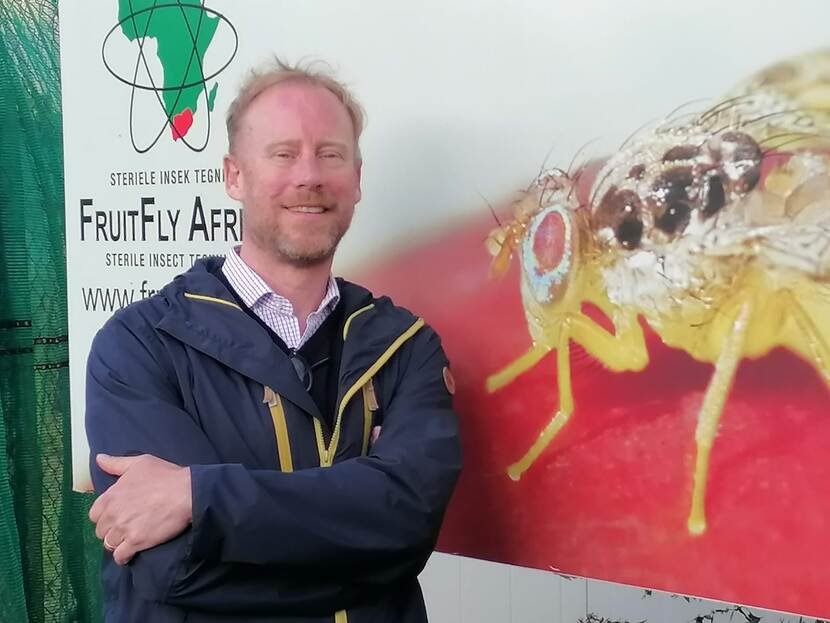
Read more
Contact
- Address: Permanent Representation of the Netherlands to the WTO in Geneva, 31-33 Avenue Giuseppe Motta; 1202 Geneva
- E-mail: GEV@minbuza.nl
- Phone: +41 22 7481800
- Website (in English): Permanent Representation of the Netherlands to the WTO
